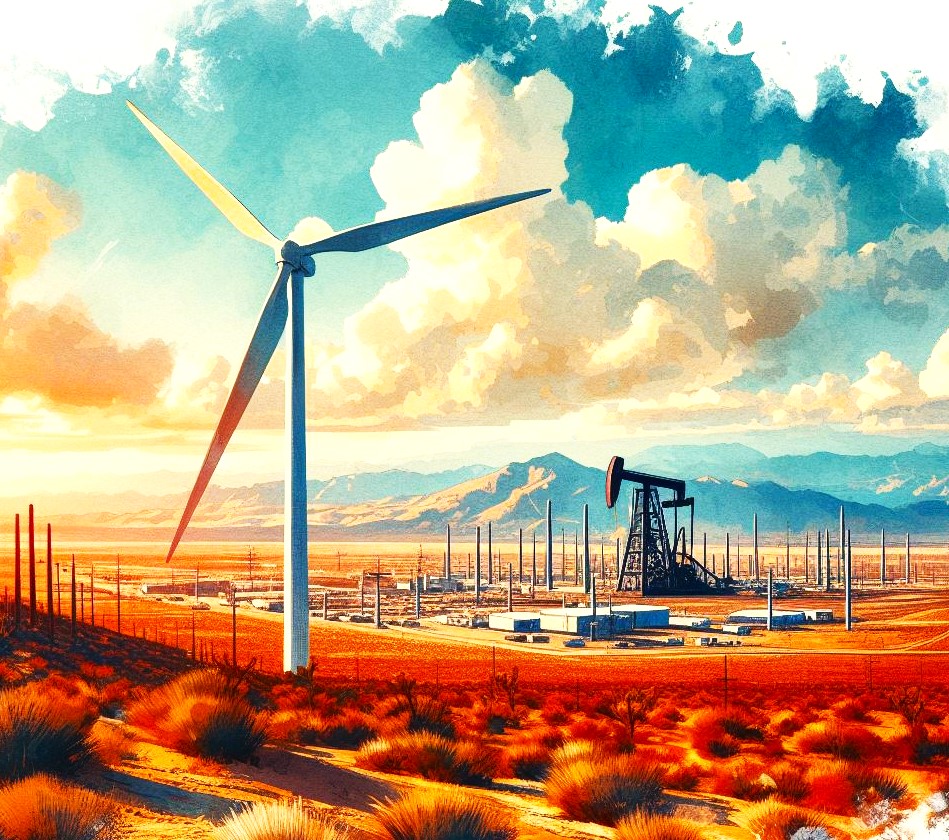The UK economy will grow much more slowly than expected in the next two years as inflation takes longer to fall, the Office for Budget Responsibility (OBR) says.
Are we locked in a never-ending austerity cycle?
Living standards are also not expected to return to pre-pandemic levels until 2027-28, the Office for Budget Responsibility (OBR) said. It comes as the chancellor announced tax cuts and a rise in benefits in his 2023 Autumn Statement.
The OBR publishes two sets of economic forecasts a year, which are used to independently predict or guess what may happen to government finances. These are based on its best guess calculations about and are subject to ‘change’.
It’s just a forecast – so should we take any notice?
According to the OBR, the UK will grow by 0.6% in 2023 – much better than previous predications last autumn, when it calculated the economy would fall into recession and shrink.
However, it slashed its growth outlook to 0.7% in 2024 and 1.4% in 2025 – down from a previous forecast of 1.8% and 2.5%.
The OBR warned that inflation – currently 4.6% – will only fall to 2.8% by the end of 2024, before reaching the Bank of England’s 2% target in 2025. Previously it forecast inflation would easily beat the target next year.
OBR & ONS data set

These gloomy predictions put the Government on a collision course with the Bank of England and Britain’s budget watchdog as they clash over whether or not the UK economy is on the up.
The Governor of the Bank warned the UK was facing years of low growth, while the Office for Budget Responsibility (OBR) said the Chancellor’s ‘vague’ plans to cut spending put the public finances at risk.
Let’s re-visit these predictions this time next year and see how close or how far off the mark they were.




